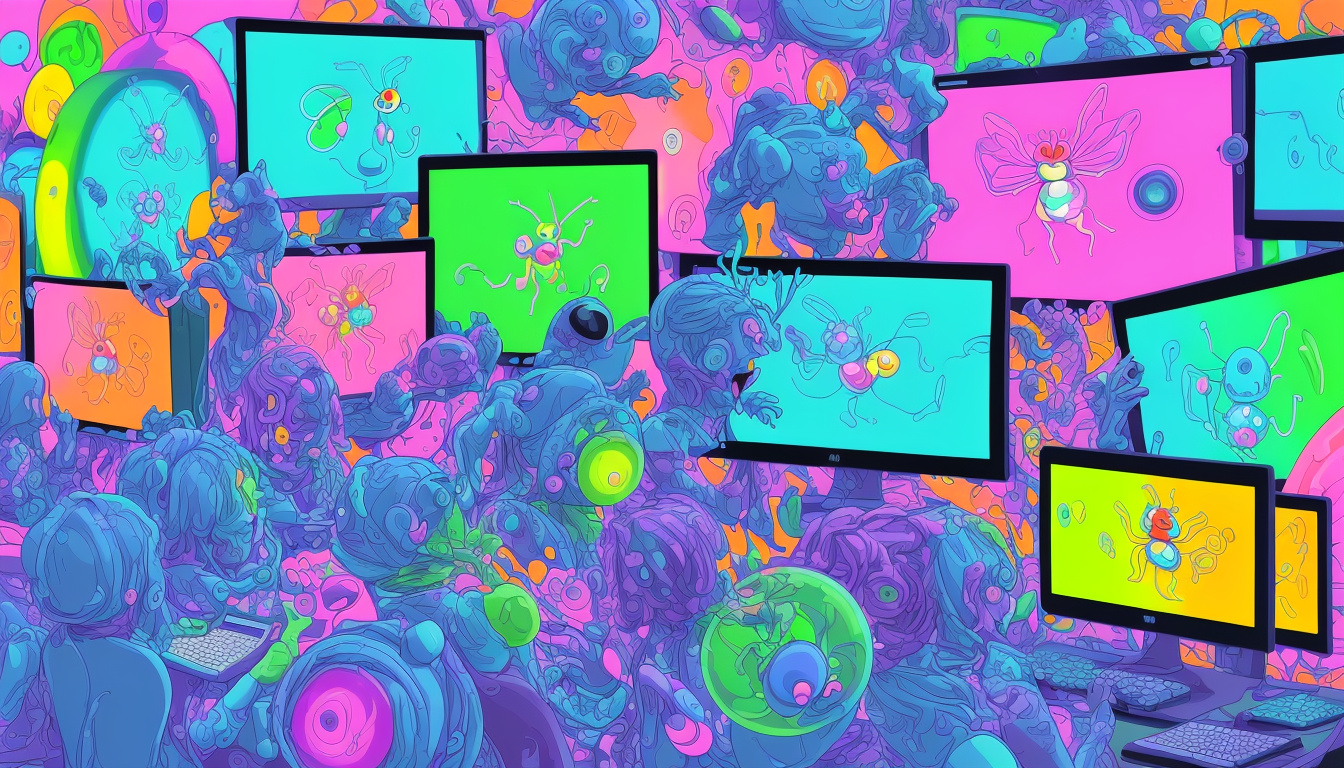Processing Our Technological Angst Through Humor: Insights from MIT Professor Benjamin Mangrum’s New Book
Cambridge, MA — July 9, 2025 — The rapid advancement of computer technology has brought with it a mix of excitement, hope, anxiety, and skepticism. How do people make sense of—and cope with—this complex relationship with machines? According to Associate Professor Benjamin Mangrum of MIT’s Literature program, humor plays a crucial role in helping society process the rapid technological changes shaping modern life.
In his newly published book, The Comedy of Computation: Or, How I Learned to Stop Worrying and Love Obsolescence (Stanford University Press, July 2025), Mangrum explores how comedy has historically been used to both defuse fears and critique the evolving presence of computers in society. This work moves beyond typical technological discourse to examine the cultural significance of humor in our collective understanding of computing.
From Cold Machines to Comic Relief
Mangrum points to the 1984 Apple Macintosh launch as a telling example. During the event, Steve Jobs incorporated scripted jokes, like a quip from the computer itself—“Never trust a computer you can’t lift”—which referenced the bulky mainframes of rival IBM. This playful gesture served to humanize the machine and alleviate apprehensions about personal computers, which until then had often seemed intimidating and impersonal.
“This use of humor made the technology less forbidding, less ‘cold,’” Mangrum explains. “Comedy has been a form for making technology seem ordinary, something that can be incorporated into everyday life rather than something alien or threatening.”
Romantic Comedies and Computing: An Unexpected Pairing
One striking insight in The Comedy of Computation is the role of romantic comedies as a vehicle for engaging with technological anxieties. Drawing inspiration from the 1955 play The Desk Set—which centers on office workers facing the introduction of computers—Mangrum reveals how many romantic comedies feature a narrative arc where obstacles become allies. Similarly, computing technology often starts as an obstruction but ends up as a partner that helps human relationships flourish.
“This narrative trope, with origins that stretch back to Shakespeare, reflects a broader cultural pattern where technology is transformed from a source of conflict into a collaborator,” says Mangrum.
The Ever-Changing Toolbox of Tech Comedy
Mangrum also emphasizes that comedic approaches to technology are dynamic. Jokes that were once popular—such as those about dial-up modems depicted in the 1998 movie You’ve Got Mail—may now seem outdated or obscure. Comedy evolves with technology, reflecting new fears, frustrations, and hopes.
He highlights what he calls “the Great Tech-Industrial Joke,” a recurrent theme in comedy focusing on the gap between the lofty promises of technology companies and the often underwhelming or problematic realities. Television shows like Silicon Valley delve into this territory by satirizing the tech industry’s contradictions.
“Tech companies claim their inventions will save the world, but often people find themselves just processing emails faster,” Mangrum notes. “It’s a humorous form of criticism that acknowledges the complexity of technological impacts.”
Exploring Authenticity and Complexity
The book also explores how modern ideas of personal authenticity intersect with technology, particularly social media, which frequently becomes a site of debate over what is genuine or performative.
Mangrum’s scholarly peers praise The Comedy of Computation for its insightful analysis of contemporary technology’s cultural dimensions. Mark Goble, professor of English at the University of California, Berkeley, calls it “essential for understanding the technological world in its complexity, absurdity, and vibrancy.”
Embracing the Messiness of Technology Through Humor
Ultimately, Mangrum’s work acknowledges the “complicated, messy picture” of technological progress, one marked by simultaneous benefits and threats, including job displacement and ethical dilemmas. Humor, he argues, provides both a way to find pleasure in this messiness and sometimes a means to simplify it with comforting lessons.
“My interest is in the duality of technology—the tension between threat and pleasure, obsolescence and innovation,” Mangrum explains. “Comedy enables us to navigate these tensions and incorporate technology into our cultural and personal lives.”
About the Author:
Benjamin Mangrum is an associate professor in the Literature program at the Massachusetts Institute of Technology, where his research explores literature, comedy, and technology.
For press inquiries:
Abby Abazorius
abbya@mit.edu | 617-253-2709
Related Links:
This article originally appeared on MIT News. For more news and updates, subscribe to the MIT newsletter.










